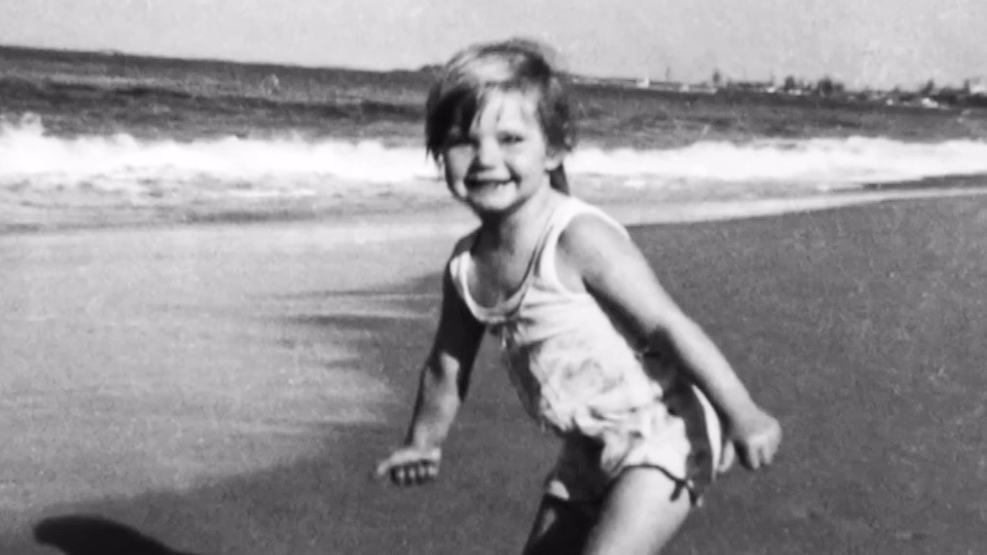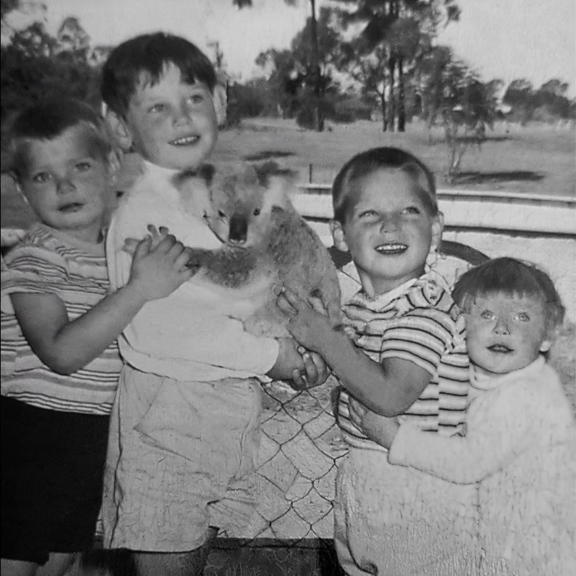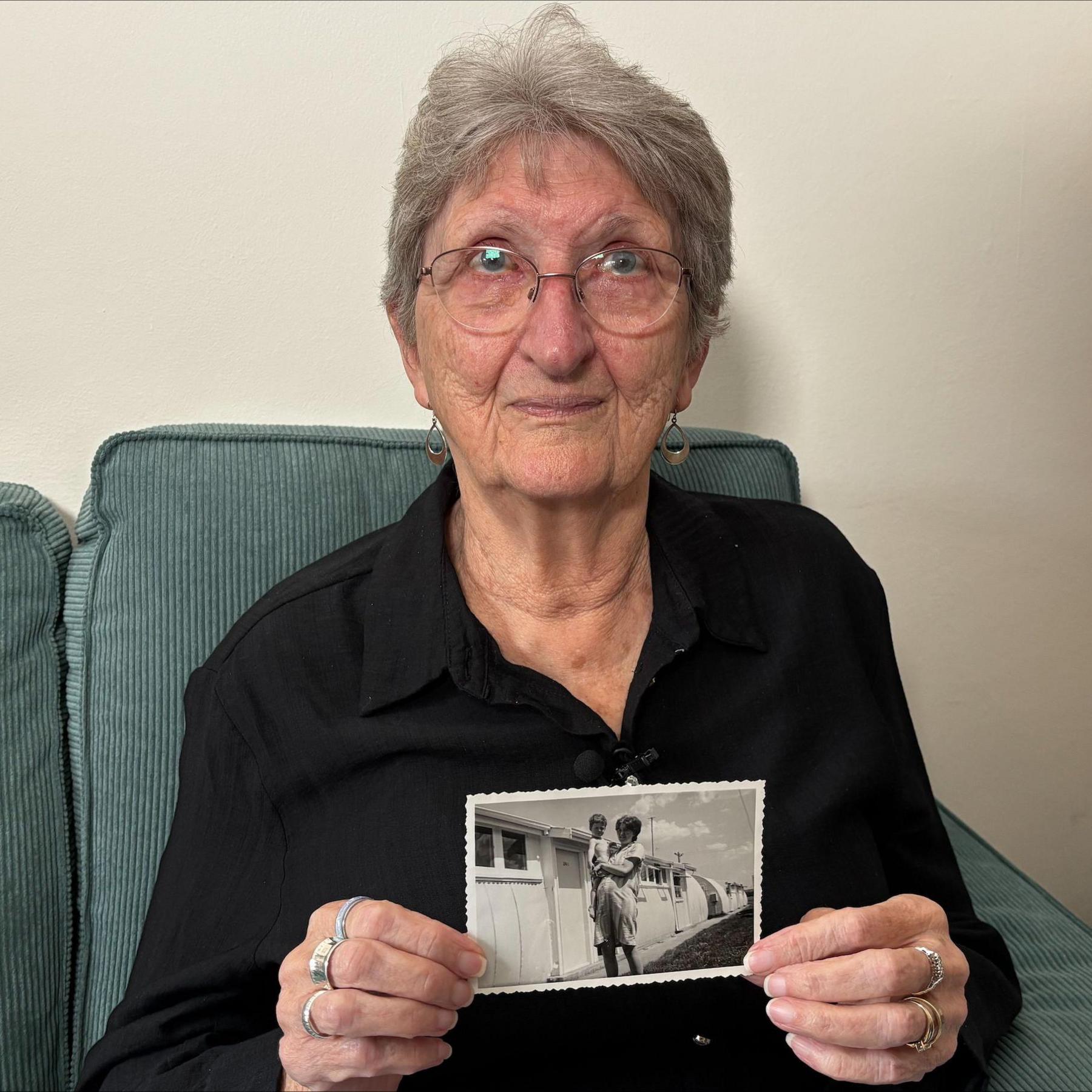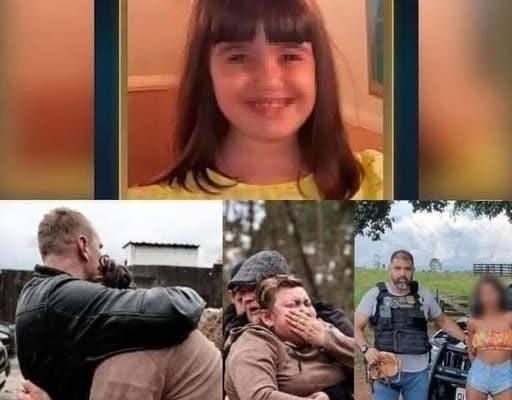Police find girl missing since 2022: ‘She was n… See more
Recently, Cheryl’s family expressed renewed anger after learning that police did not formally interview three potential eyewitnesses who came forward following a BBC podcast. For the family, it felt like another painful setback in their search for answers.
The Day Cheryl Disappeared

Cheryl Grimmer had emigrated from Bristol, UK, with her parents and three brothers only a year before her disappearance. On that summer day in 1970, the family went to Fairy Meadow Beach, about 50 miles (80 km) south of Sydney.
Cheryl and her seven-year-old brother Ricki were in the changing rooms near the beach. Ricki remembers looking away for just a few moments before realizing his younger sister was gone. Despite immediate searches by family and beachgoers, no trace of Cheryl was found. Authorities quickly suspected an abduction, but no arrests at the time led to a conviction.
A Painstaking Review Yields No Breakthrough

In recent years, New South Wales Police conducted a four-year review of the case. Cheryl’s family had hoped it would reveal new leads, especially after renewed public interest sparked by the Fairy Meadow true-crime podcast, which has been downloaded more than five million times.
Instead, police informed the family that the review uncovered no new evidence capable of securing a conviction. To the family, this felt like yet another chapter of disappointment in a case already burdened by decades of unanswered questions.
Eyewitnesses Left Without Interviews

What particularly angered the Grimmer family was the revelation that three potential eyewitnesses who contacted the BBC after the podcast were not formally interviewed by police.
-
The first witness, who requested anonymity, told the BBC he had seen a teenage boy carrying a small child away from the beach changing rooms on the very day Cheryl disappeared. He spoke briefly to police by phone but never heard back.
-
Kay Tutton, now 82, recalled seeing a distressed young girl being led away by a man at Fairy Meadow. She initially went to the police in 1970 after watching a news report, but never received follow-up contact. After reaching out again in 2022, she too said she was not interviewed.
-
The third woman, who also asked to remain unnamed, said she had been approached by a man on a nearby beach days before Cheryl vanished. She expressed disappointment that her account had not been pursued further.
Cheryl’s brother Ricki described his reaction as “total frustration,” saying the lack of interviews undermined confidence in the thoroughness of the review. “Our family can’t move forward without the help of the police,” he told the BBC.
Former Detective Voices Concern
Retired detective sergeant Damian Loone, who once worked on the case, criticized the handling of these witness accounts. He described one man’s testimony as “very credible” and said he could not understand why it was not pursued.
Loone argued that the man appeared to be the only independent eyewitness linking a teenage boy—estimated to be 16 or 17 years old—to Cheryl on the day she vanished. That detail is significant because the suspect once charged in the case, known only by the codename “Mercury,” was in that same age group at the time.
“I think that’s sloppy police work,” Loone said. “That’s what they should have done and I can’t believe that it hasn’t happened.”
The 2016 Breakthrough That Collapsed
In 2016, decades after Cheryl’s disappearance, a man in his 60s was charged with her abduction and murder. Police had uncovered a confession he made as a teenager in 1971. However, a judge later ruled the confession inadmissible, and the man—known only as “Mercury” because he was a minor at the time—was released. All charges were dropped in 2019.




